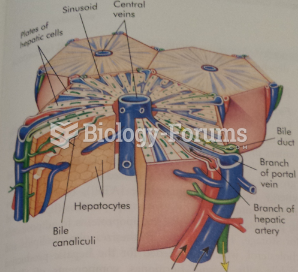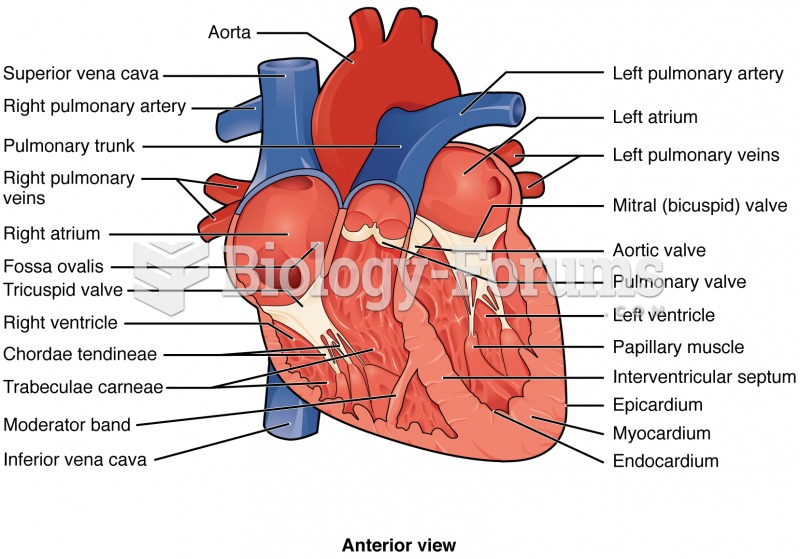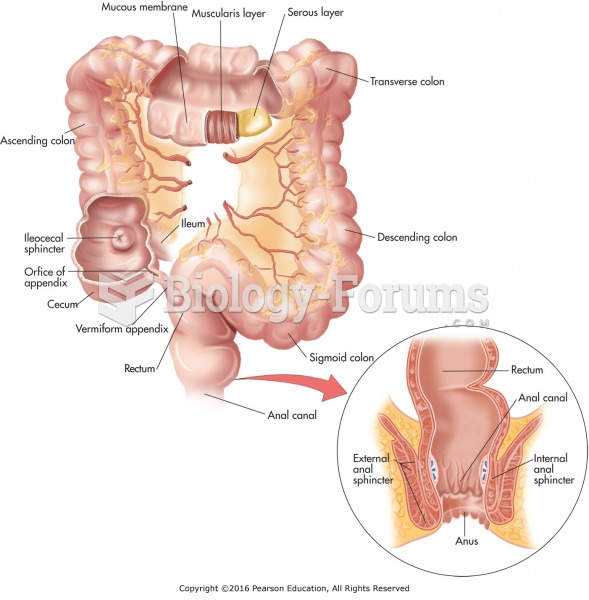This topic contains a solution. Click here to go to the answer
|
|
|
Did you know?
Prostaglandins were first isolated from human semen in Sweden in the 1930s. They were so named because the researcher thought that they came from the prostate gland. In fact, prostaglandins exist and are synthesized in almost every cell of the body.
Did you know?
Recent studies have shown that the number of medication errors increases in relation to the number of orders that are verified per pharmacist, per work shift.
Did you know?
In the United States, an estimated 50 million unnecessary antibiotics are prescribed for viral respiratory infections.
Did you know?
Approximately 25% of all reported medication errors result from some kind of name confusion.
Did you know?
Increased intake of vitamin D has been shown to reduce fractures up to 25% in older people.







